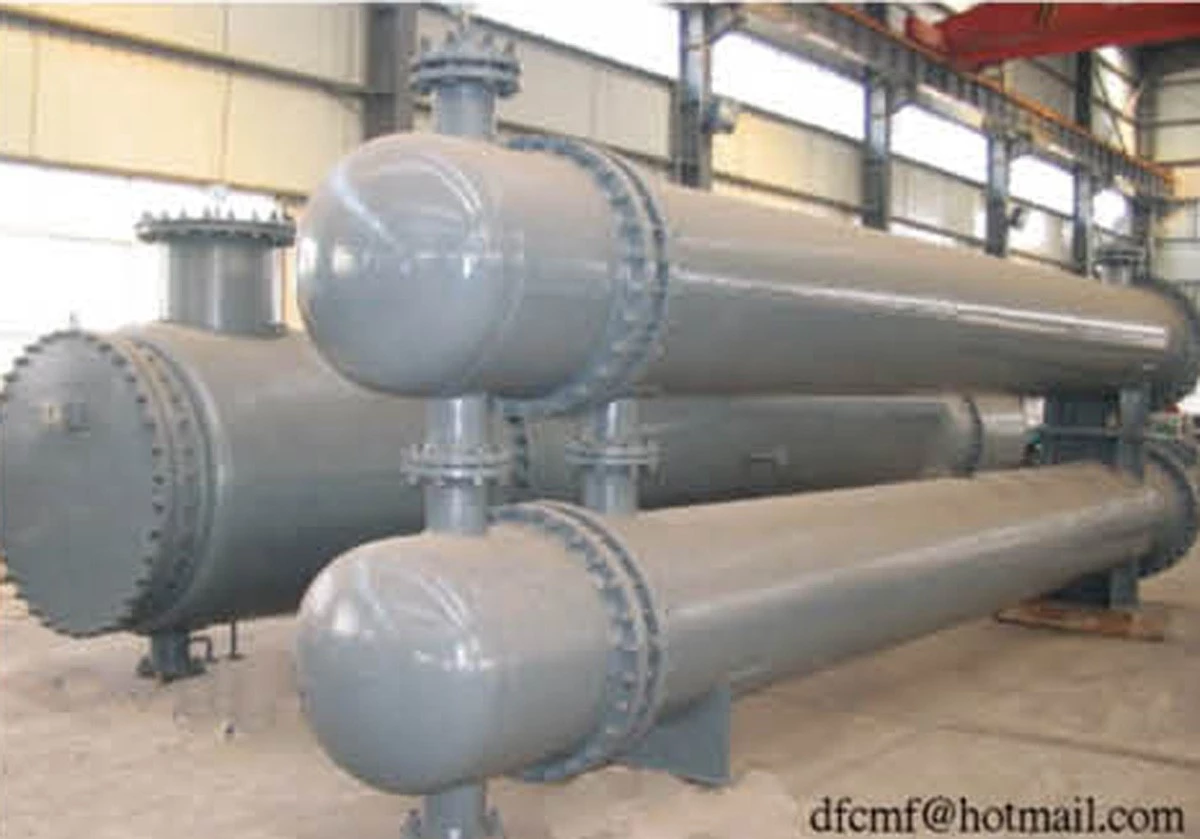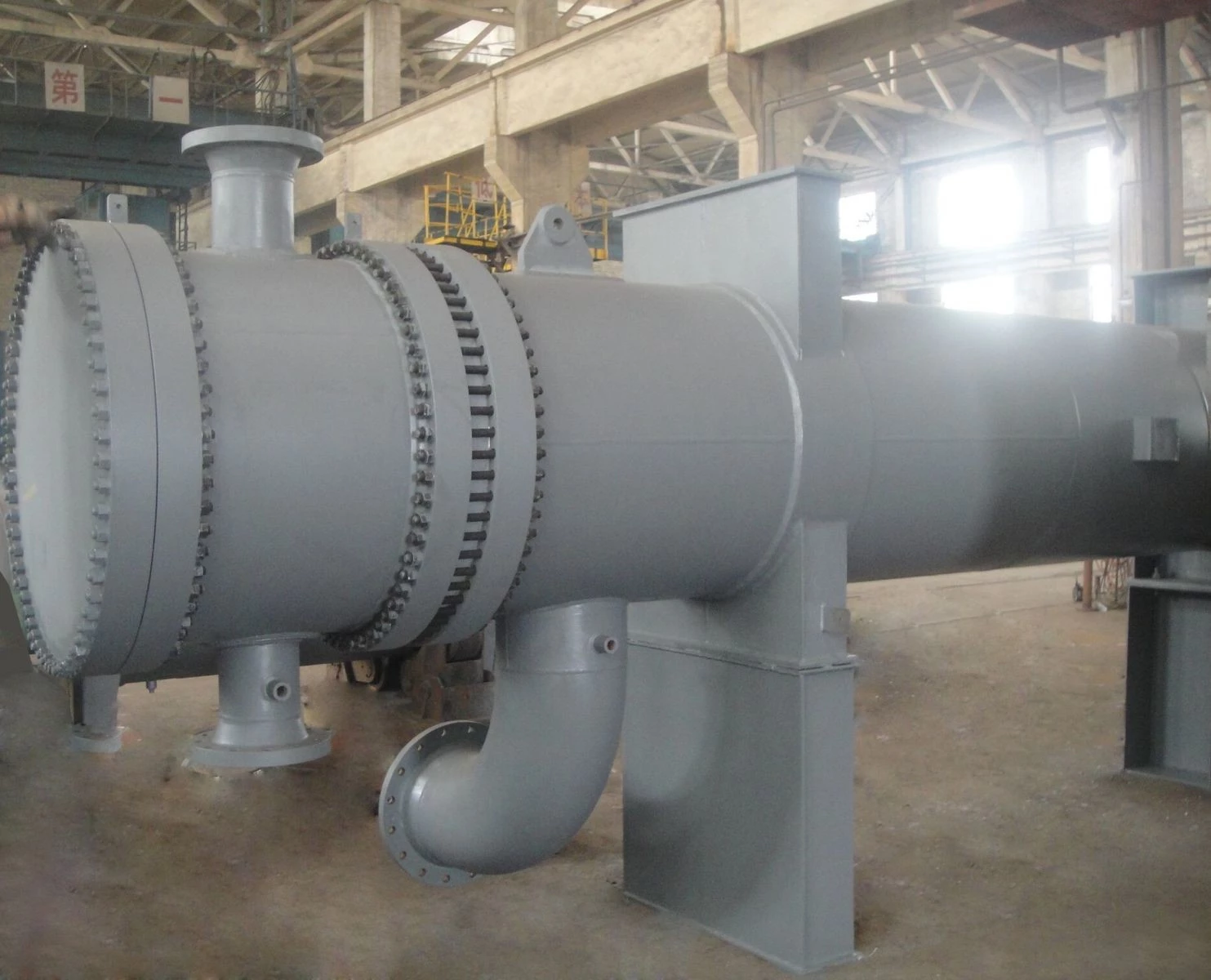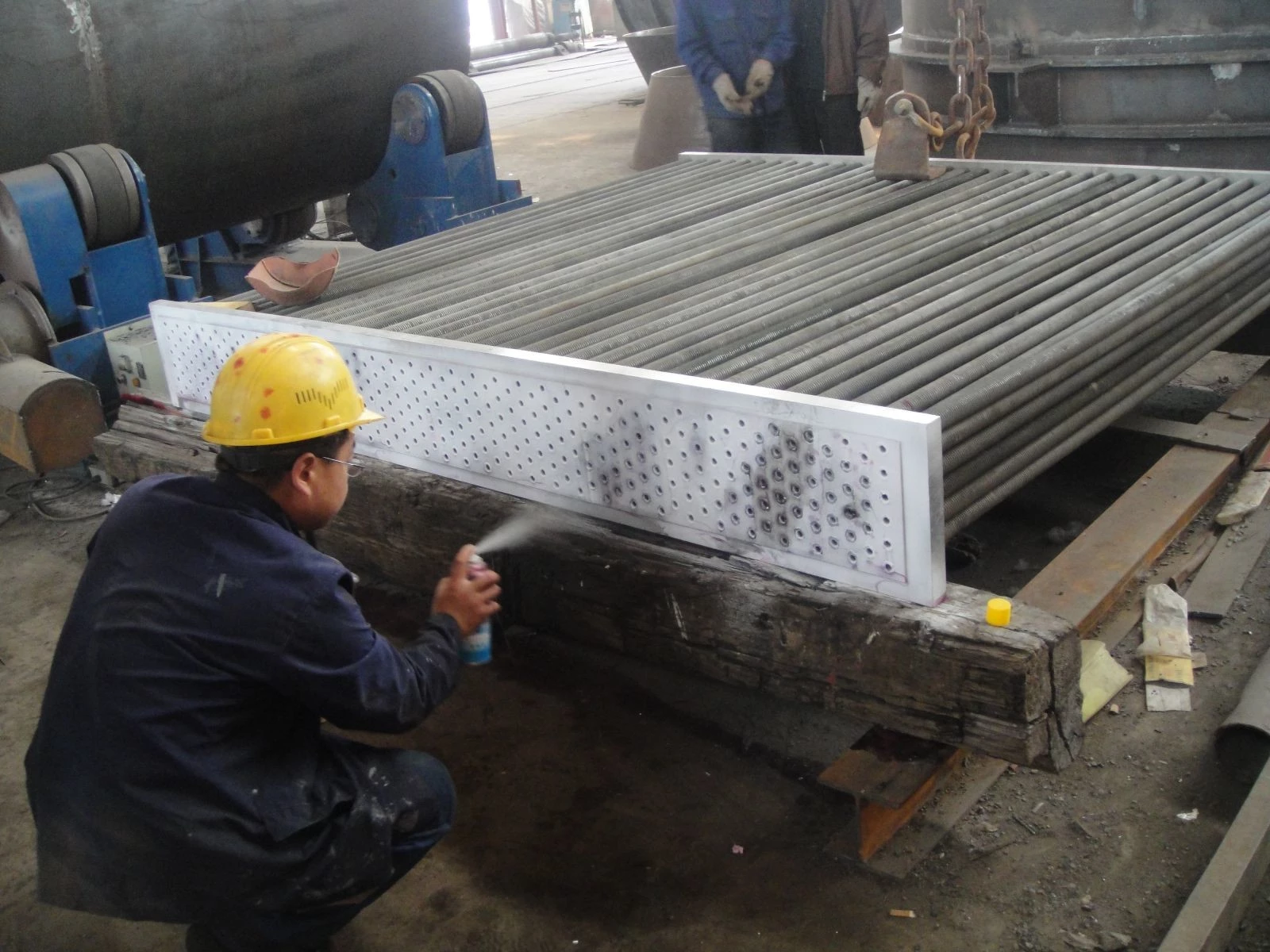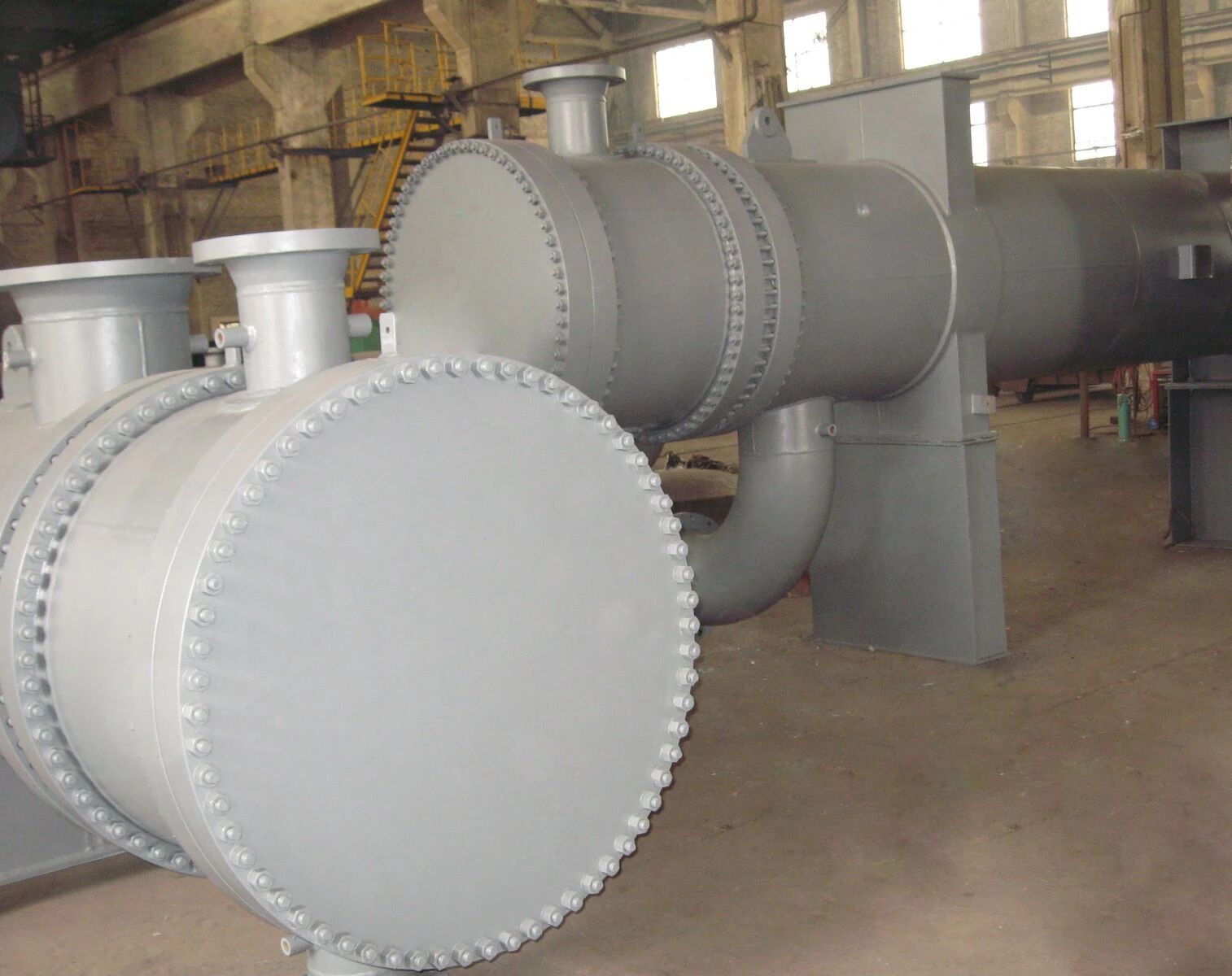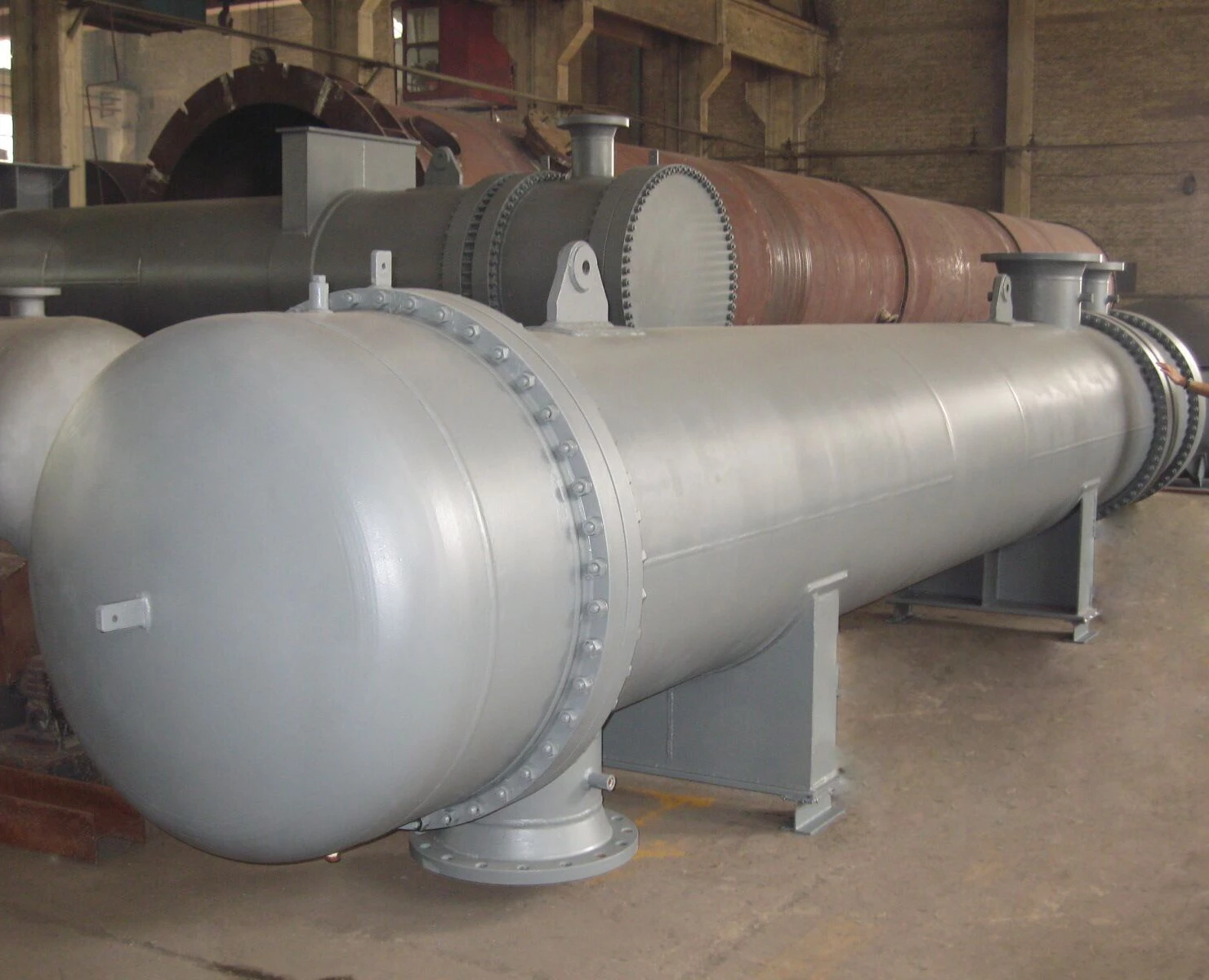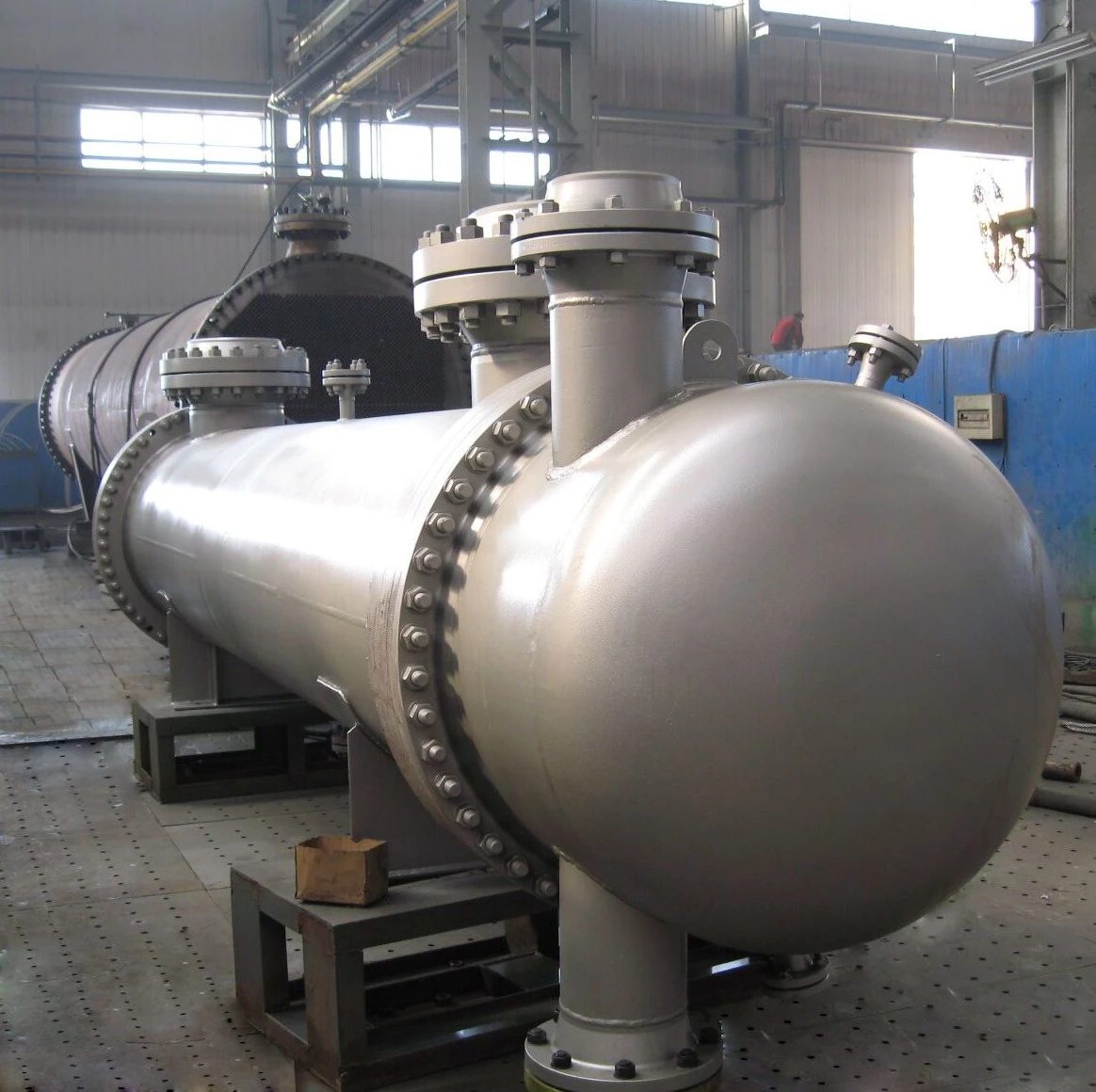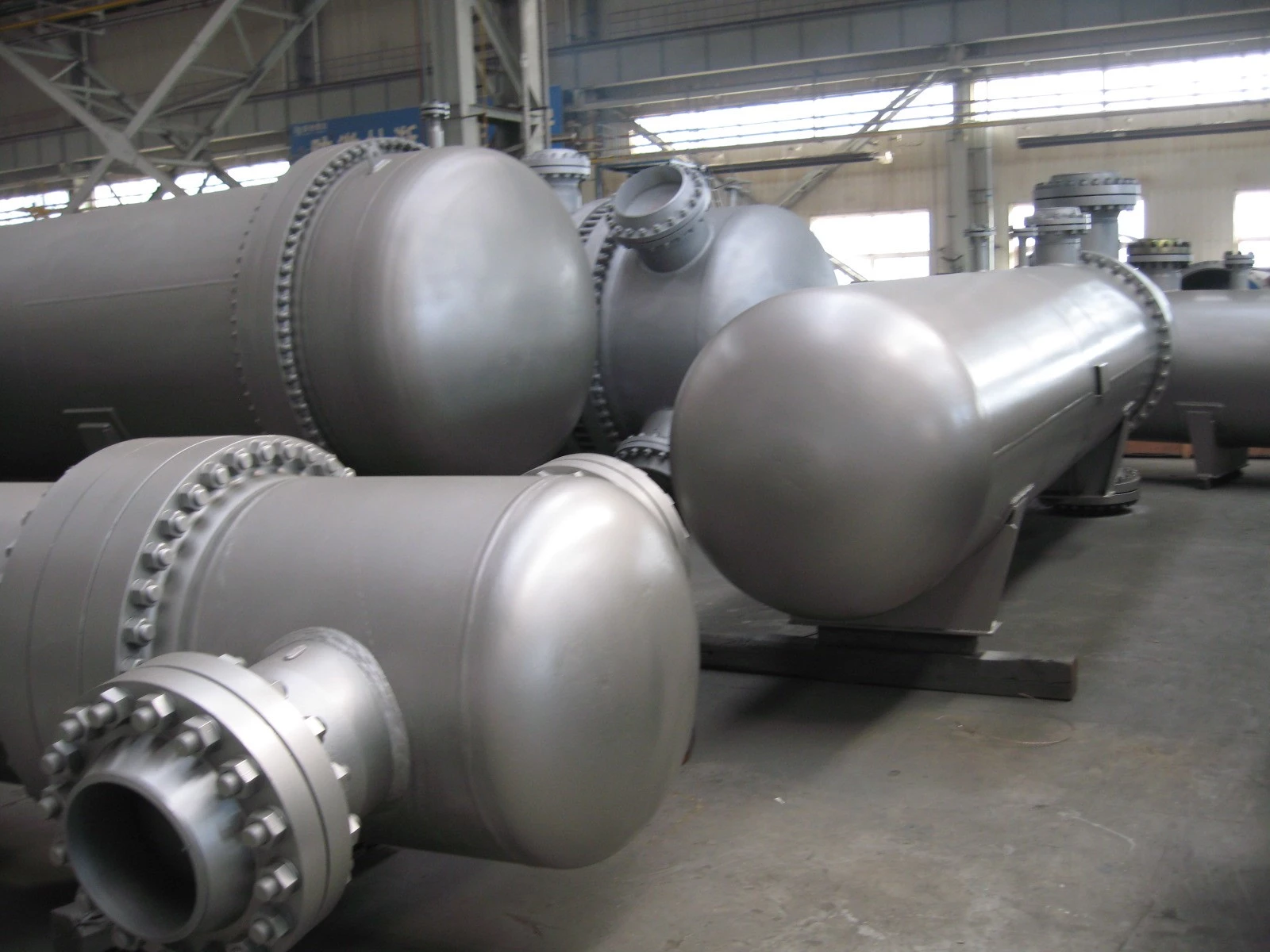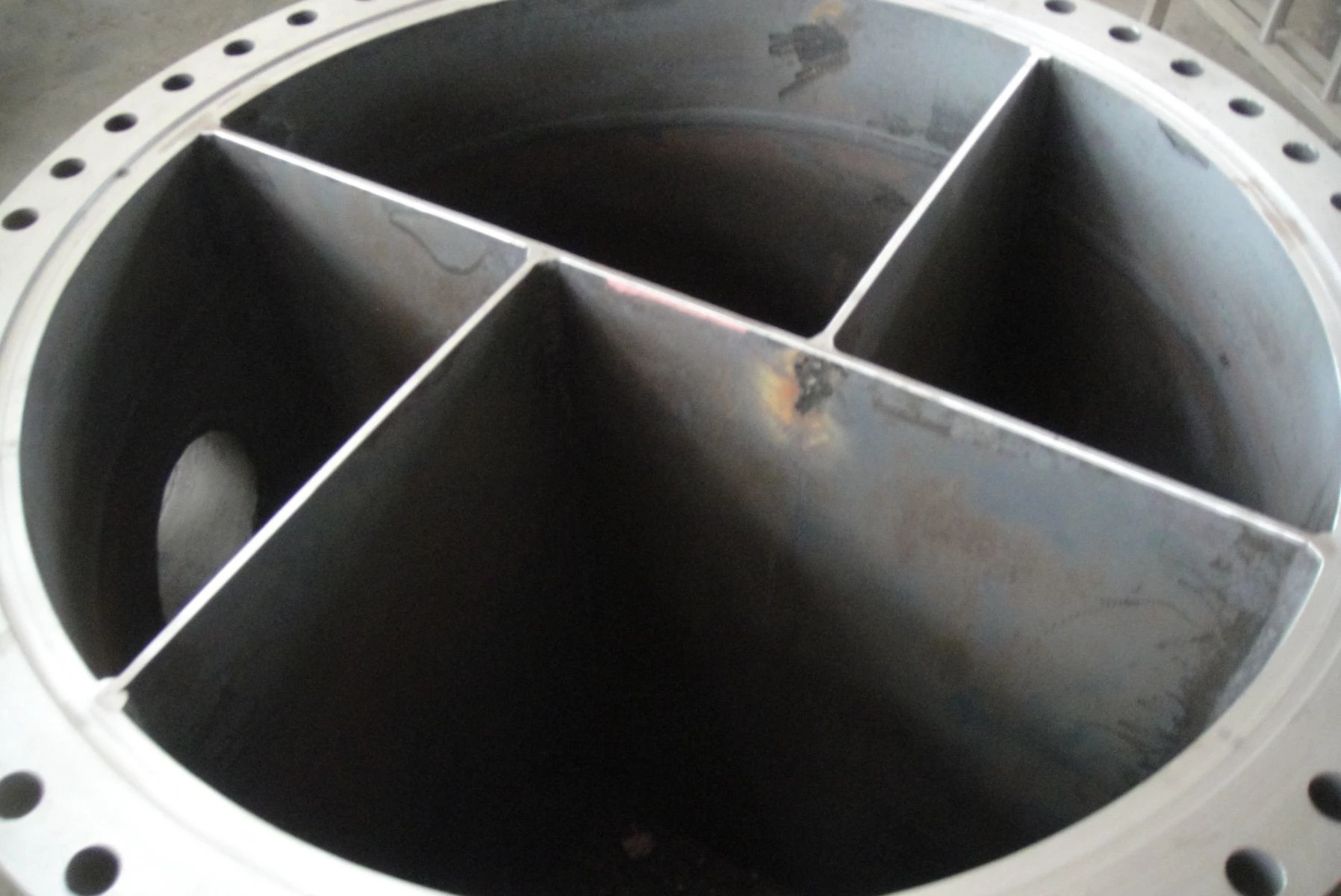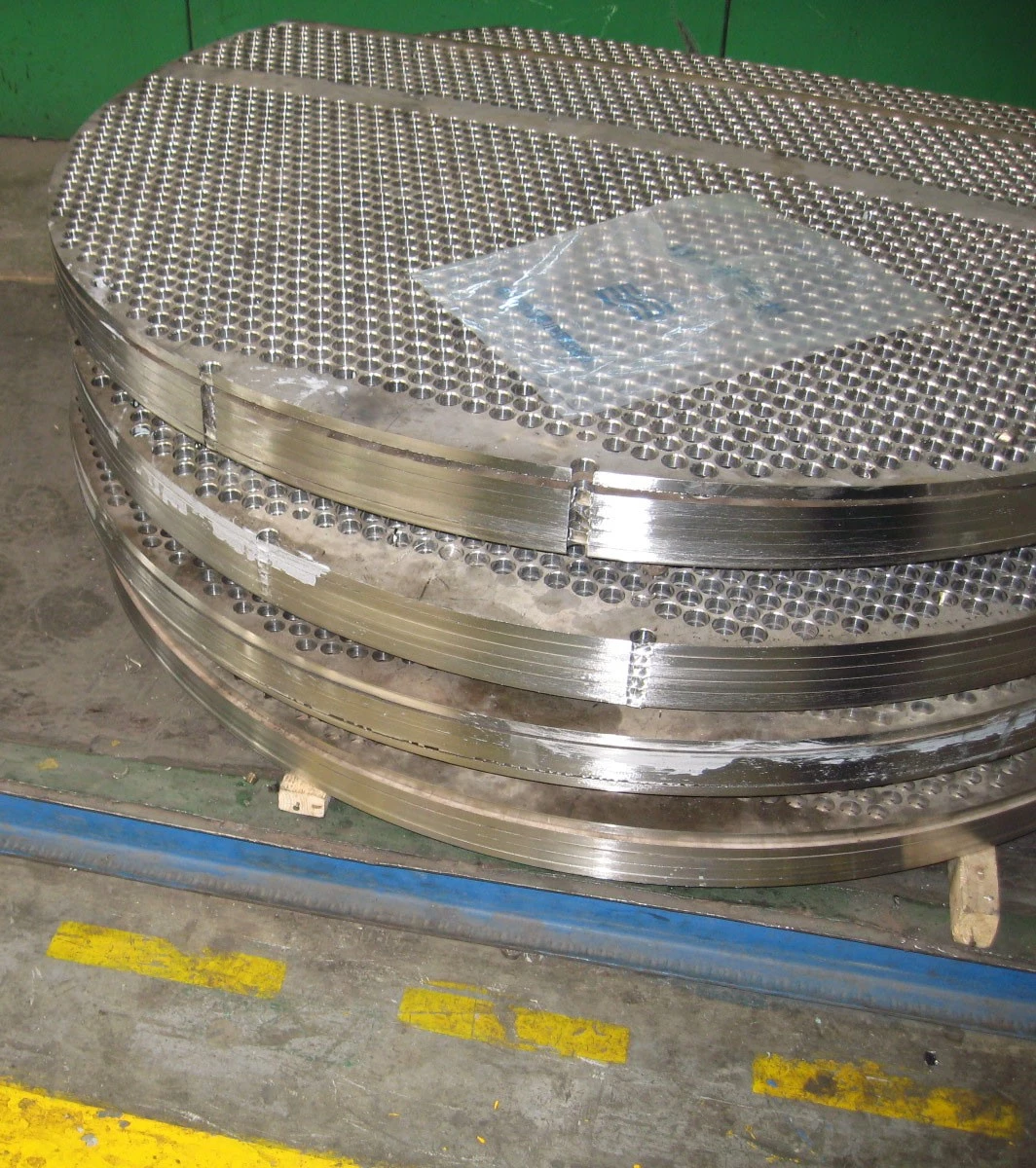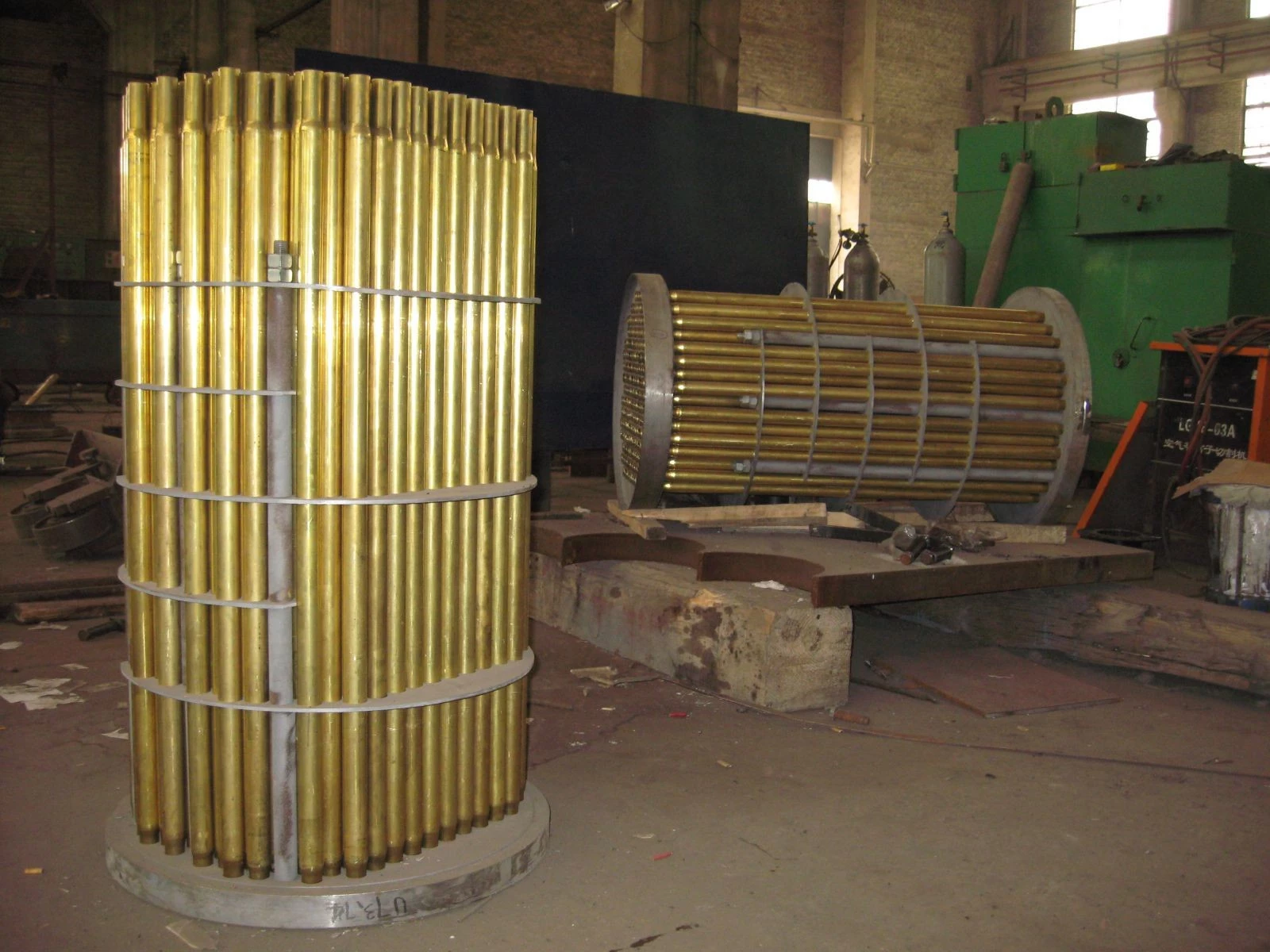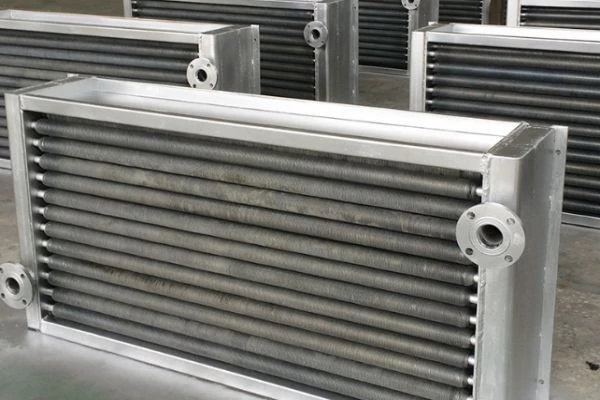Identifying the Causes of Internal Leakage in Tubular Heat Exchangers
Causes of Internal Leakage in Tubular Heat Exchangers: 1. Corrosion, perforation, or breakage of heat exchange tubes. 2. Leakage due to corrosion and thinning of the nozzle. 3. Looseness in the expansion joint between heat exchange tubes and tube sheet. 4. Cracks, blowholes, or corrosion perforations at the welding place between tubes and tube sheet. 5. Loose or broken bolts in the small floating head. 6. Damage to the small floating head gasket. 7. Damage to the seal of the small floating head...

